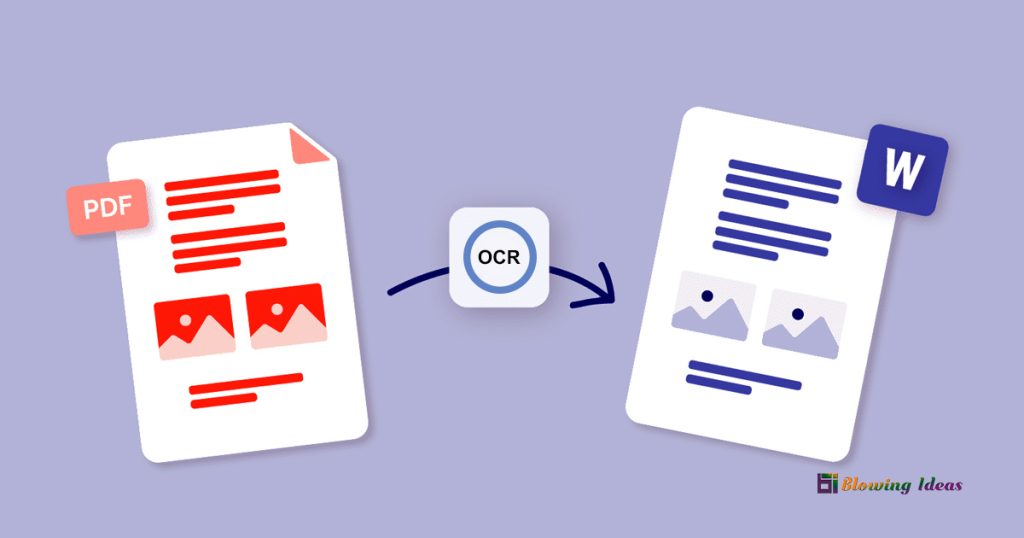Ten tips for time management for students. Time is a limited commodity. It’s not easy juggling duties at work, family, and school. Whatever happens, you’ll always have the same 24 hours in a day to do tasks, spend time with family and friends, and unwind. In this article, we discuss how you manage time for students of universities, colleges and schools these Ten tips for time management for students.
You will be able to do more and have more free time if you plan and use your time effectively. Students must learn to efficiently manage their time. However, many students struggle to find enough time to finish all of their homework, resulting in stress and dissatisfaction.
How important is Time Management For Students?
Students with good time management abilities can prioritise chores and finish schoolwork and assignments on time. Students who improve their time management skills become more organised, confident, and productive learners.
It can also aid students in avoiding procrastination, which can lead to stress, frustration, and bad marks. High school pupils need to be able to manage their time well. As they take on new responsibilities, good time management skills can assist them in staying on schedule and reducing stress.
Ten tips for Time management as a Student
Here are the 11 tips for Time management for students
1. Make a plan
Help your child create daily goals, such as how many pages of a book report to write or how many arithmetic problems to solve. The agenda and master schedule will assist you in planning your child’s daily goals and completing tasks on time.
Have your child write down the dates of all impending tasks and tests in an online or paper agenda, either alone or with your assistance (such as their school diary or an online calendar). Important events and spare time should both be included in your schedule. Set deadlines a few days ahead of time to account for unexpected events.
2. Management skills
Making a project plan might also help you prevent worry at the last minute. Procrastination is often caused by a large quantity of work, which can lead to poor time management. Assist your youngster in breaking down assignments into smaller pieces, each with its deadline. This will motivate your youngster to plan ahead of time and begin working on homework sooner.
3. Encouragement makes students improve their work
Starting assignments early is taking less time than waiting until the last minute. Instead, encourage your youngster to begin working on them months ahead of time.
4. Sleep on time
Sleep is essential for your youngster to replenish his or her head and have the stamina to keep on target the next day. Set this master schedule to establish a homework deadline and bedtime for each night. Following this schedule will help your child relax at the end of every day and obtain the rest he or she requires.
5. Eat meals on time
Break up your work regularly. Working on something else for an extended time can result in a loss of concentration. They can recharge by taking short pauses every half-hour or so. Consider going for a short stroll or having a rest where you can eat your favourite foods or drinks like shakes or apple juice on the lawn to change things up. So make sure they don’t become distracted and abandon their studies.
6. Do work on time and Don’t confuse at all
Avoid perfectionism and obsessing over little issues attempting to make your work perfect the first time is confusing and time-consuming. Get something down on the page instead or into the brain. If required, you can make changes afterwards.
Use your free time wisely pupils may, for example, review your timetables or presentation skills in the van on their way to or from school. Students may be able to study or plan for the day while on public transportation. These tips should be utilized with caution and moderation, as relaxation are also important.
7. Make a timetable for students to complete their your project and Goals
Plan out your project. Procrastination is common when studying or assignments appear onerous. Assist your child in breaking down their exam prep or project into manageable parts. You can assign a due date to each segment to make them feel good about achieving little goals.
8. Learn how to maximize extra Time for students
Maximize extra time smartly, and manage your work easily. Multitasking is not a good approach to studying because it divides your concentration. To maximise productivity, concentrate on one activity at a time.
9. Be punctual
As a student, you should be more punctual and work on time Encourage your child to begin doing their homework as soon as possible after school. This provides kids more time to finish it while they’re awake, reducing the chance of bedtime delays.
10. Learn to organize your things to manage time
Learn to organize things to manage time. Allow students to handle difficult activities while they’re at their best, and leave lighter duties (like organising their books or making plans for the next day) for when they’re not. Some people, for example, would choose to get up early and work before school.
11. Get up early in the morning
Get up early in the morning and do some exercise walks, or yoga is also best for managing your time because you are more active and look fresh.
Ten tips for time management for students
What are the benefits of time management skills?
It can also create a sense of accomplishment when goals are met. They might, for example, arrange to finish a project in time so that they can enjoy themselves with friends over the weekend. Students can also complete their work on time, stay involved in their studies, and have more time free to pursue things that are important to them, such as sports, hobbies, youth group, and spending time with friends and family, by effectively managing their time.
Students who manage their time well can maximise their potential and experience a sense of success. It is also one of the most sought-after job talents.
Is it possible to be too concerned about time management?
While it is good to encourage youngsters to manage their time properly, compulsive time management can backfire. Children can get nervous and upset if they are constantly looking for methods to make better use of their time. Unfollow everyone on social media except the individuals you care about and don’t view all of your videos.
Saying no is a skill that should be learned. With so many options for how to spend your time, saying no to things that don’t suit your priorities might be difficult. These 11 tips can assist you in finishing your task on schedule. Some people are natural time managers who have put their skills to good use.
Students should know the value of time and manage their time as per the schedule and they will succeed. In every part of their life if students follow these tips and manage their time it will be good for them.
Also Read: How to increase Typing Speed from 40 to 60 words per minute (wpm)


